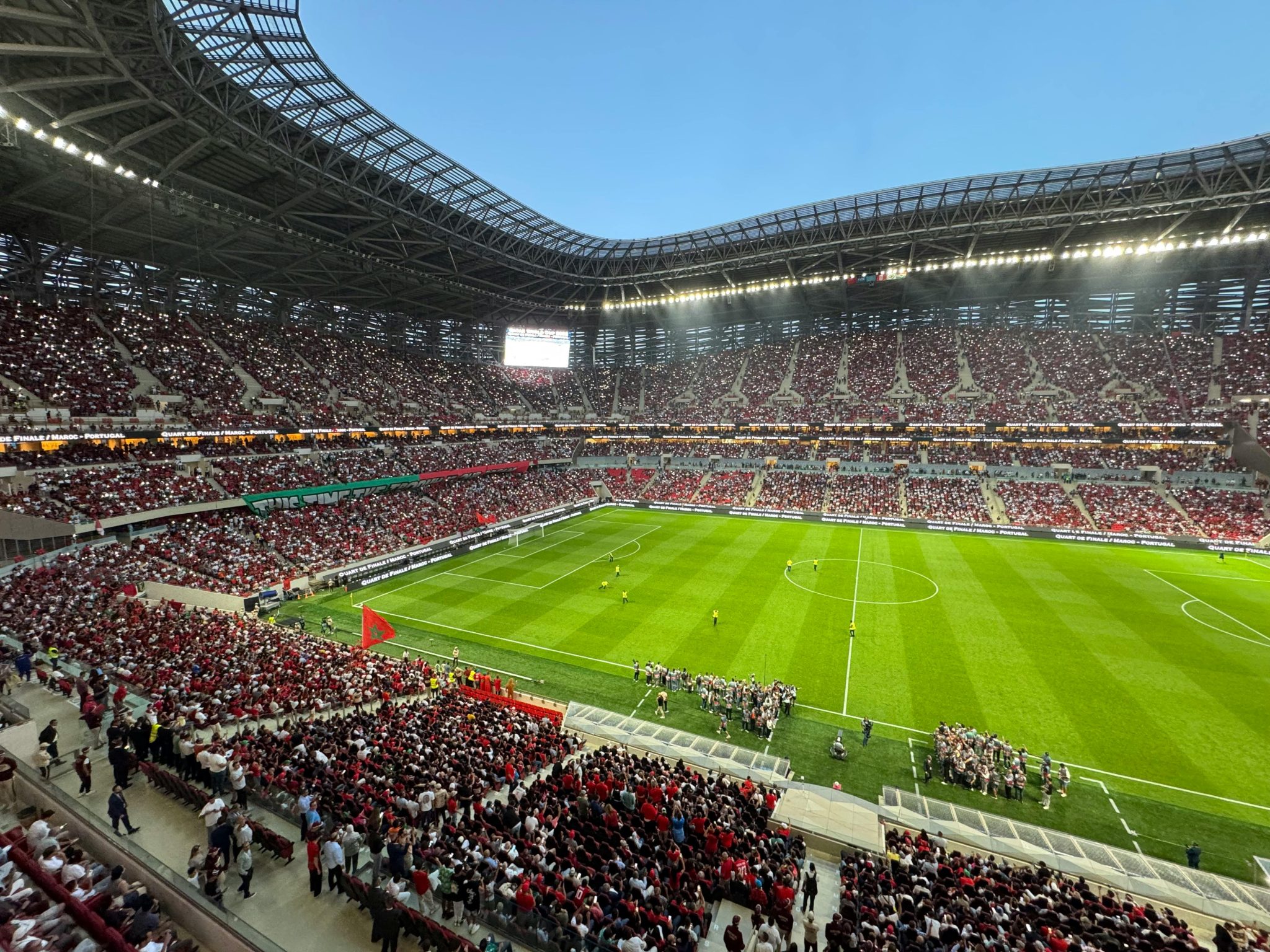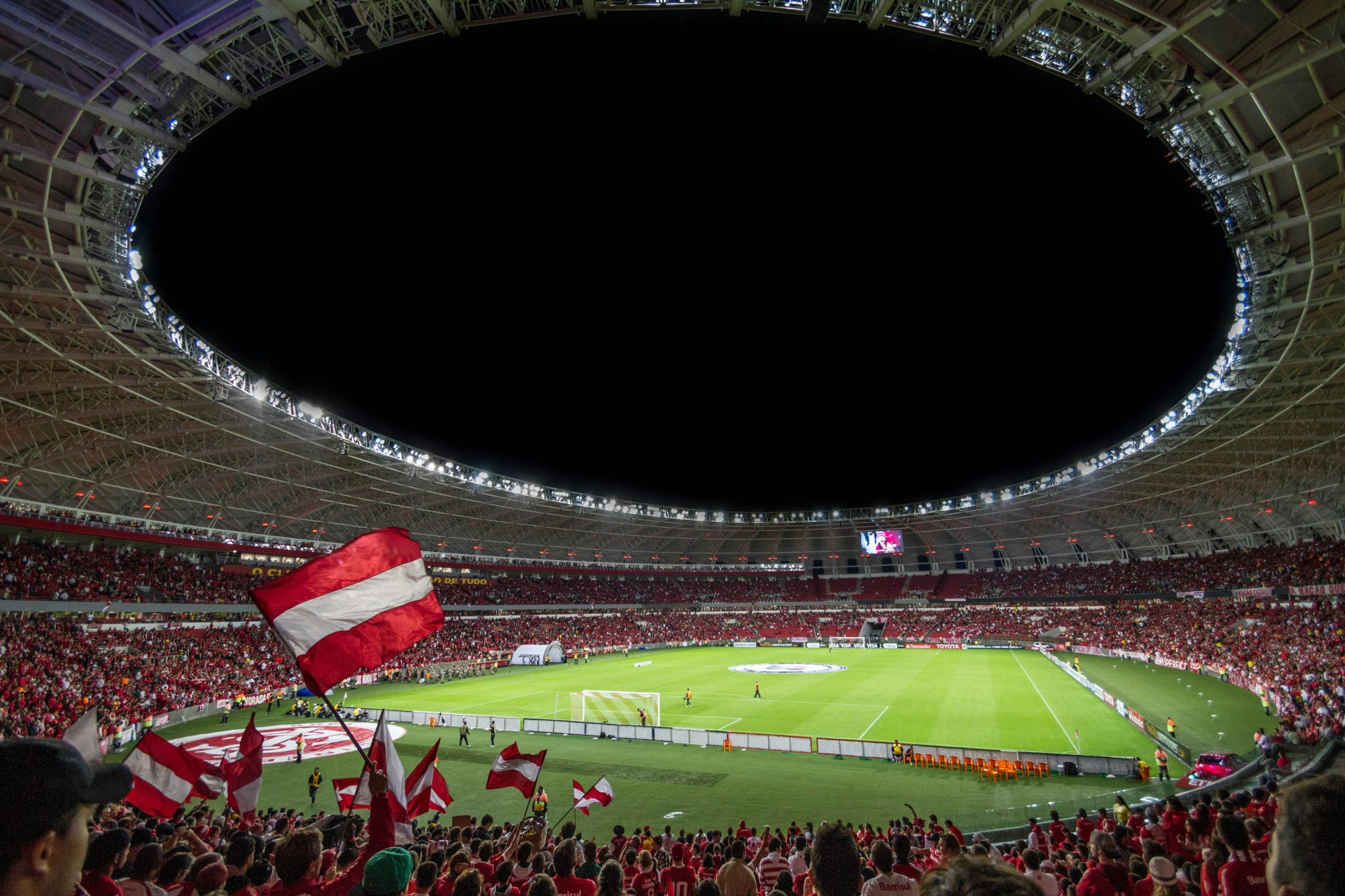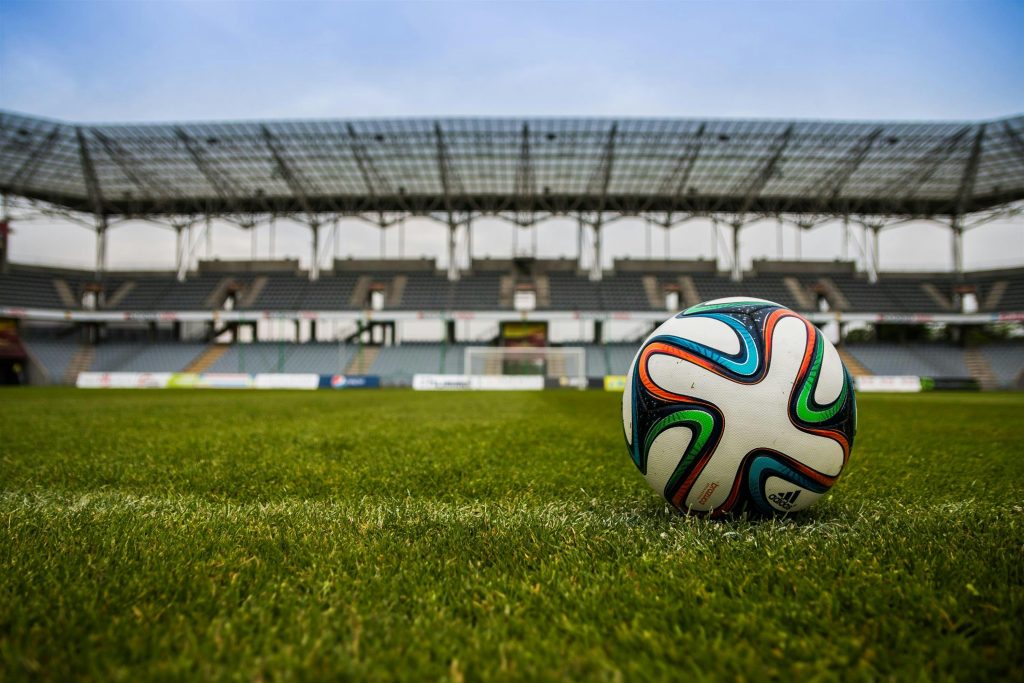European qualifying has reached the stage where margins are thin and reputations no longer guarantee safety. With fixtures packed into the 2025 windows and playoffs coming in early 2026, every break forces tough choices on selection and recovery. Underdogs rely on compact defence and set pieces, while heavyweights dominate possession yet often concede key moments. The balance of power is shifting faster than expected.
Fans want clarity, not noise. Tracking squad fitness, minutes played, and tactical adjustments offers the truest picture. Many follow updates in one place—using https://www.favbet.ro/ro/casino/ mid-week—before checking federation reports. The same cycle explains why top nations struggle away: travel, fatigue, and rotation dull their pressing, giving disciplined opponents a narrow but decisive edge.
Why Giants Stumble and Underdogs Seize Chances
Autumn makes qualification harder. Crowded travel, loud stadiums, and tired legs expose flaws that talent alone can’t fix. Spain’s injuries have slowed their build-up, while Germany’s group has tightened as Slovakia and Northern Ireland press relentlessly. Even top sides now win by fine margins against disciplined, compact opponents. Before diving into examples, it helps to frame the problem in the most practical terms.
Use this three-point lens to understand why reputations slip on the road:
- Load management — Back-to-back European and domestic fixtures force rotation and punish shallow depth when camps begin.
- Game-state control — Phases around halftime or after the opener decide whether a team protects or chases matches in hostile stadiums.
- Repeatable chance creation — Sides built on moments fade; sides built on patterns endure, particularly when set pieces become the tiebreaker.
The pattern is consistent across groups. When a heavyweight struggles to progress through the first press, their attacks drift into low-value crosses. When an underdog wins the first contact on corners and the second ball around the penalty spot, the favorite bleeds chances in the one phase they should control. Outside the ecosystem of jocurilor de noroc media, these are coaching details, not headline lines—but they decide windows.
Case Files from the September Window

Results from early autumn explain why the table now looks more volatile than the pre-campaign odds suggested. The dates matter because they anchor trends, not because they make a story on their own.
- Slovakia 2–0 Germany — 4 September 2025
A landmark upset and Germany’s first ever away defeat in World Cup qualifying. Slovakia struck at critical moments, then compressed space in their own third. Blueprint for underdogs: score early, deny central progress, and force the favorite into hopeful deliveries. - Germany 3–1 Northern Ireland — 7 September 2025
Not an upset on the final score, but a live scare that shows how thin the margin is on short rest. Northern Ireland’s disciplined 4-4-2 and direct counters disrupted rhythm for long spells before late goals settled the tie. - Armenia 2–1 Republic of Ireland — 9 September 2025
A classic example of vertical counters and aggressive first duels carrying an underdog. Ireland owned territory; Armenia converted limited entries into decisive moments and protected the lead with time-management and compact spacing. - Azerbaijan 1–1 Ukraine — 9 September 2025
The draw plays bigger than a point. Ukraine carried most of the ball, but Azerbaijan’s goalkeeper control on cutbacks and a single clean transition produced a result that tightened group math. - Serbia 0–5 England — 9 September 2025
A reminder that power can still overwhelm, but a tactical note too: relentless rest-defence allowed England to attack with numbers without exposing the back line. On other nights, without that structure, the same territory flips the narrative.
These snapshots have a through-line. Pressing traps, rehearsed set pieces, and disciplined second-ball work travel well; improvisation does not. It is telling that even mainstream portals once known for sloturilor content now publish passing-lane and set-piece dashboards every international window—and those visuals match what the pitch shows week after week.
How to Track Momentum without Getting Lost

Fans and editors do not need a model on a second screen to read a window correctly. A focused checklist, used consistently, reveals who is built to survive away stress and who is living off moments.
Before and during matches, watch these indicators rather than headline numbers:
- Shot-quality differential — Not just volume, but origins and rebound potential on cutbacks.
- Pressing stability late — Intensity in minutes 70–90 after substitutions; underdogs often nick results here.
- Set-piece return — First-contact wins, blocked runs spotted by the referee, and second-ball shots around the penalty spot.
- Keeper prevention — Clean handling on low-probability efforts; one mistake flips a whole window.
- Bench contribution — Goals or key passes from players 12–18; deep squads turn tight away games with fresh legs.
A streamlined cazino news feed for fixtures and pressers, paired with federation injury notes, keeps the signal high. Add one rewatch of key sequences after each match—build-out under pressure, defending the red zone, and corner routines—and you will spot the next upset before it makes the headline.
What These Shocks Tell Us About 2026
Europe’s qualifying race for the 2026 World Cup is more open than expected. One slip away from home can turn an easy path into a playoff fight. The teams that endure share clear traits: solid defensive shape, rehearsed set-piece patterns, and a composed midfield able to control tempo under pressure. Smaller nations now defend like top clubs, punishing errors with sharp transitions.
The coming windows will show if recent shocks mark a shift or a blip. Germany must respond after the Slovakia loss, Spain must adapt without key players, and others need to turn possession into real chances. If underdogs keep taking points, giants will face must-win trips where atmosphere and fatigue change everything.
Ultimately, structure beats reputation. Teams that manage fatigue, rotate smartly, and keep tactical discipline will reach 2026. Those that rely on names and memories will find qualifying a lesson in endurance over prestige.





















